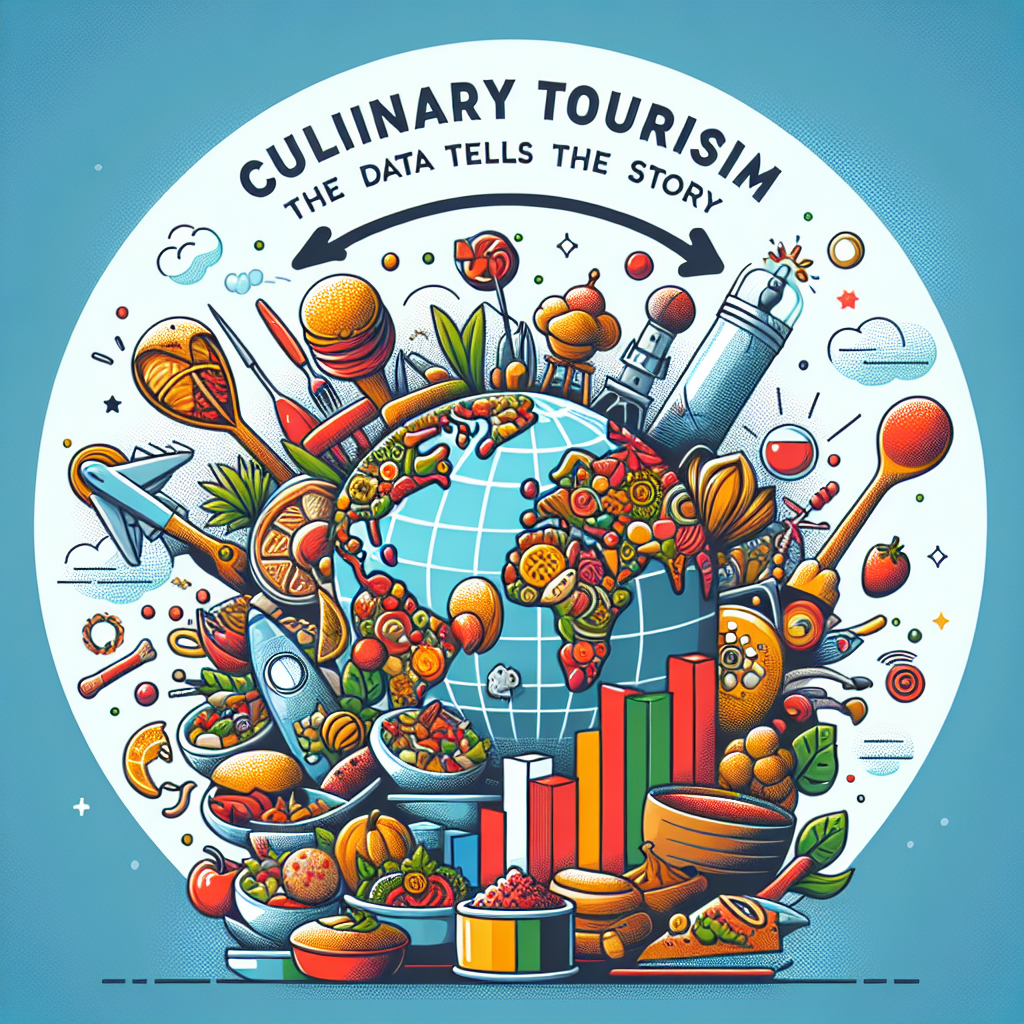Alert: Critical information revealed. Culinary tourism, a phenomenon previously overlooked by mainstream researchers is now in the spotlight following new findings highlighting its unprecedented growth.
Set against a historical backdrop where food was merely considered fuel for survival, it’s captivating to see how food has transformed into an essential part of cultural experiences worldwide.
1. Research Question
Bearing witness to this flavorful shift led us to pose the critical question: ‘What major factors are contributing towards this sudden explosion in culinary tourism?’

2. Methodology
We engaged robust statistical tools on a vast dataset consisting of global surveys from tourists as well as prominent industry reports – all with stringent ethical considerations at every step.
3. Key Findings
Data analysis unveiled some intriguing patterns; economies relying on gastronomy-driven tourism have noted significant uplifts whereas there’s been an evident rise in travel agencies specializing solely around curated local delicacies.
4. Scientific Significance
:Scholars call our findings ‘ground-breaking’ and emphasize their importance for understanding contemporary culture-economy dynamics while disrupting conventional wisdom about tourist behavior.
5. Practical ApplicationsThe increasing trend can be leveraged by regions rich in unique cuisines but marginalized from main-stream tourism spots due to infrastructural impediments or other shortcomings.
6.Expert ReactionsA host of experts responded enthusiastically suggesting this could pave ways for new sustainable tourism models and create a more inclusive global economy.
7. Future ResearchThe rising trend demands further investigation into potential correlations between the culinary exploration motivation and other socio-economic indicators.
8.Societal Impact
This proliferation of culinary tourism also serves as an irreplaceable medium of cultural exchange, fostering international understanding and harmony.
The research was conducted maintaining high ethical standards with a particular emphasis on data security, participant anonymity, and informed consent.
In light of these findings, we propose immediate policy attention towards regions that can potentially benefit from the gastronomy-driven tourism boom. It’s time to cook up policies that appreciate cultures and satiate taste-buds while propelling economies forward!

